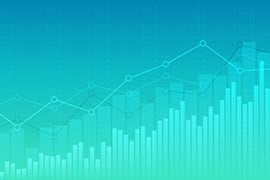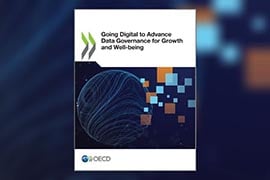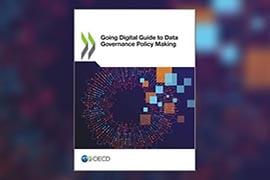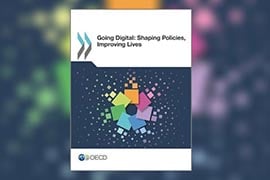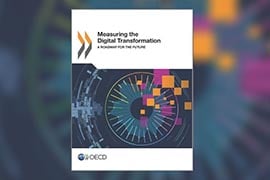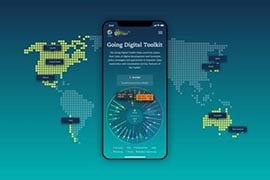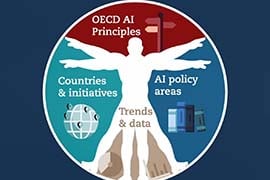Going Digital Project
Digital technologies and data are transformational. People, firms and governments live, interact, produce and work differently than in the past, and these changes are accelerating rapidly. An ecosystem of interdependent digital technologies underpins digital transformation; its constant evolution continues to drive economic and societal changes. This digital technology ecosystem both relies on and produces vast amounts of data, which have become an important source of economic and social value.
The OECD Going Digital project aims to help policy makers better understand the digital transformation that is underway and to develop appropriate policies to help shape a positive digital future.
Since 2017, the project has supported policy makers in the quest to better understand digital transformation and the effects of digital technologies on our economies and societies, in an effort to shape a positive digital future. The project has benefitted from the expertise of almost every policy and measurement community at the OECD, the International Transport Forum and the International Energy Agency. Targeted policy advice in particular areas – labour markets, trade, finance, tax, consumer policy, SMEs, agriculture, health, public governance, competition, the environment – is complemented by analysis that brings together all of these distinct policy areas into a coherent whole.
Project phases
- data stewardship, access, sharing and control;
- fostering cross-border data flows while preserving trust;
- data use and its impacts on firms and markets;
- measurement of data and data flows.
Phase III (2021-2022): Data governance for growth and well-being
Data has emerged as a powerful driver in the digital transformation. Data is the basis of digital technologies, like artificial intelligence, and is key to enhanced productivity, innovation, and improved decision-making, including in crises. For example, the COVID-19 crisis has underscored the importance of data. Few countries had the real-time data they needed when the pandemic hit, making it harder for countries monitor the public health situation and inform citizens. The real-time collection and use of personal health data also revealed longstanding data governance weaknesses – such as how to share the data necessary to save lives, but also protecting individual privacy and civil freedoms.
Today, as countries begin to transition into recovery – while also continuing to fight the spread of the virus – it is more vital than ever to design better mechanisms for data governance, informed by better understanding of the impact of data and measurement of its value. The OECD Going Digital project on data governance for growth and well-being is helping countries do exactly that, leveraging experience across policy areas to provide analysis, guidance, case studies, recommendations, and more.

